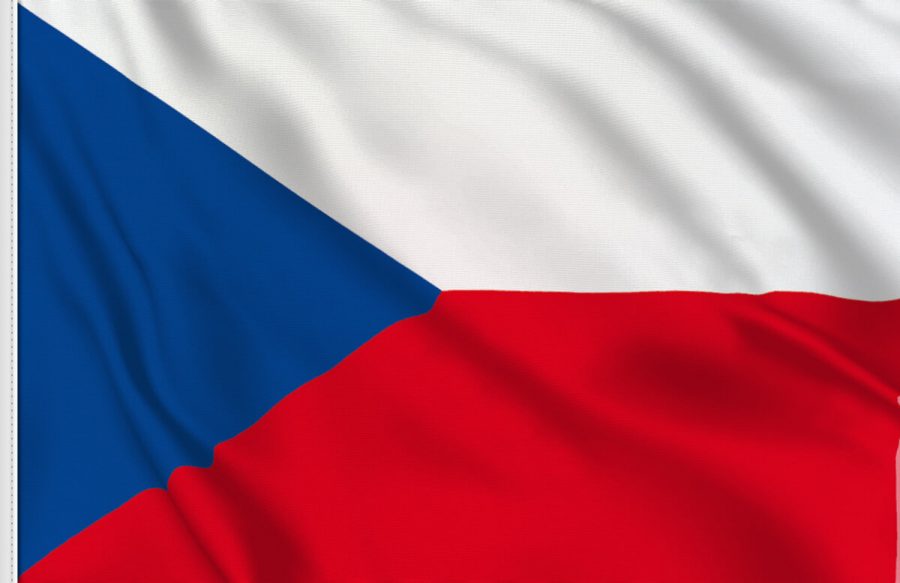Czech Parliament makes headway with bill to liberalize medical cannabis
A bill aimed at capping the industrial hemp THC (tetrahydrocannabinol) limit at one percent has been given the go-ahead by the Czech Parliament.
Approval from the Czech Republic’s Chamber of Deputies is expected to pave the way for CBD-based natural extracts to be legally marketed as foods.
Changes to the Czech Republic’s medical cannabis laws constitute a more encompassing law featuring amendments that would effectively legalize the licensed cultivation, export and processing of medical cannabis products.
The Czech Republic is no stranger to the prospect of sweeping cannabis reform. In 2018, five years after legal access to the plant was granted in 2013, a prescription cannabis system kicked off.
The recently proposed amendments would put the Czech Republic at the forefront of Europe’s nascent cannabis market. All of the leading political parties showed support for the Czech Republic’s medical cannabis laws, which were approved by the Parliament’s lower house, A.K.A. “the Chamber” on Wednesday, June 2.
Final approval is needed for Czech Republic’s medical cannabis law
Should the Czech Republic’s medical cannabis law gain approval from the Senate, before being signed into law by President Miloš Zeman, it would become effective in January 2022.
A successful vote in the Senate would mean that a one percent THC limit is imposed for hemp plants “on the field.” Retail stores would be legally allowed to sell finished hemp products, so long as they contain less than one percent of the psychoactive compound. Products that don’t exceed the threshold would not be deemed “addictive substances”.
The law’s enactment would catapult the Czech Republic into conflict against the EU, where the new limit for THC is expected to rise from 0.2 percent to 0.3 percent in 2023. Plus, with the global standard being set at 0.3 percent since hemp’s comeback in the 1990s, the Czech Republic could be on-track to rival industries in various nations.
“The new regulations on THC concentrations in hemp are most welcome,” said the CEO of Czech cannabis company Hempoint, Hana Gabrielova.
She says that, although the amendment to the Czech Republic’s medical cannabis law indicates major progress “for advocates of medical cannabis and hemp,” a lot of work must first be carried out.
“Our general elections are coming up in the autumn, and we will have to work hard and alongside the government to see that the new regulations will be implemented in an optimal manner. Many details are yet to be hammered out,” Gabrielova added.
Czech Republic’s medical cannabis law creates a clear path for CBD
Cannabis product manufacturing in the Czech Republic would be given a boost under the updated laws, which grant multiple licensed private groups authorization to mass produce medical cannabis goods.
The proposed amendments also push for the legal marketing of CBD-based extracts, such as tinctures and isolates. Specifically, the law change suggests that CBD extracts could be marketed as food.
Current law stipulates that medical cannabis cultivation and product marketing outside of the country’s borders must be strictly controlled. Moreover, the import process is overly restrictive.
Just one domestic medical cannabis producer in the EU country, Elkoplast Slušovice s.r.o., in addition to one distributor, Alliance Healthcare s.r.o., have received accreditation to distribute the plant in its medicinal form.








